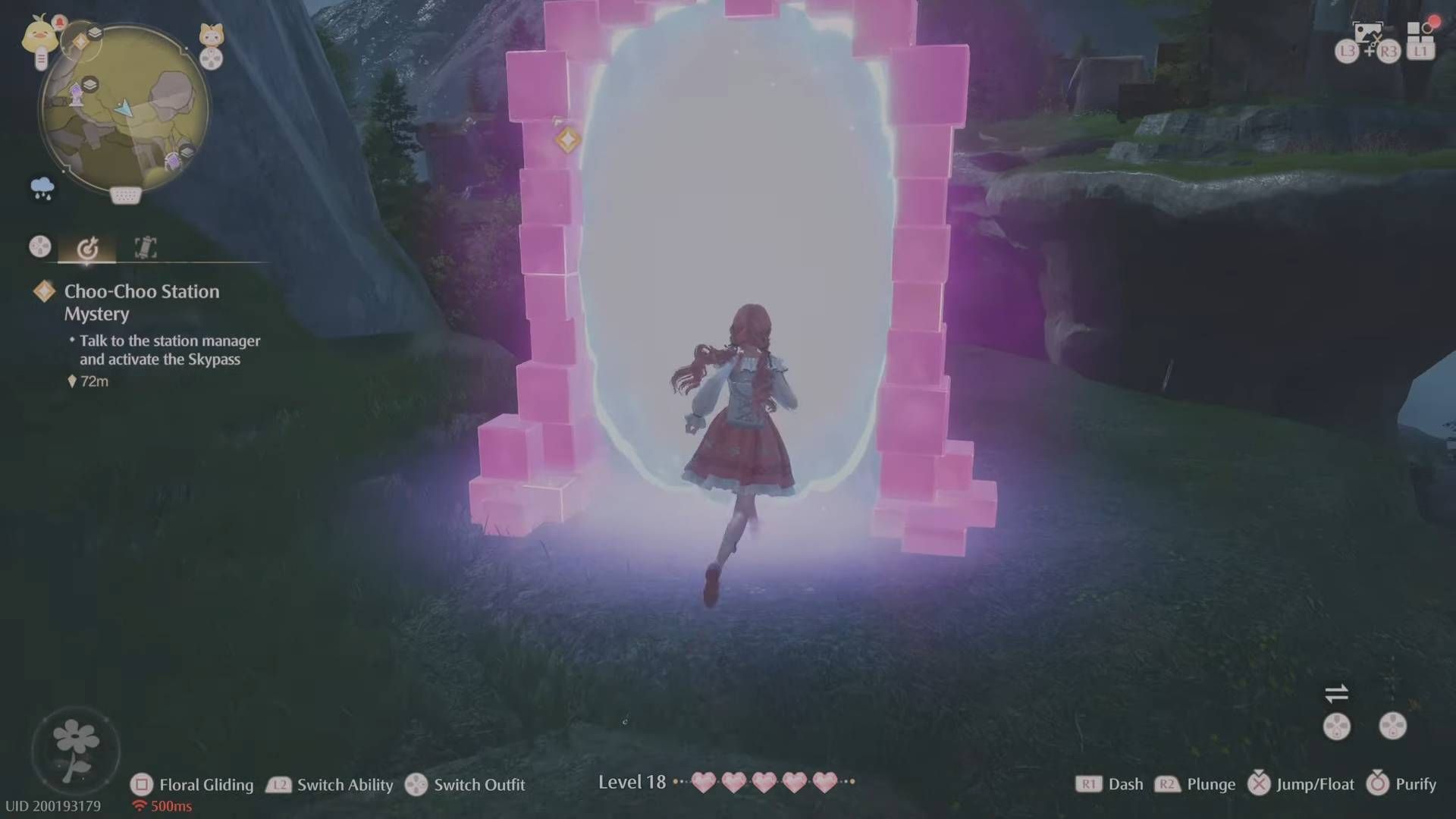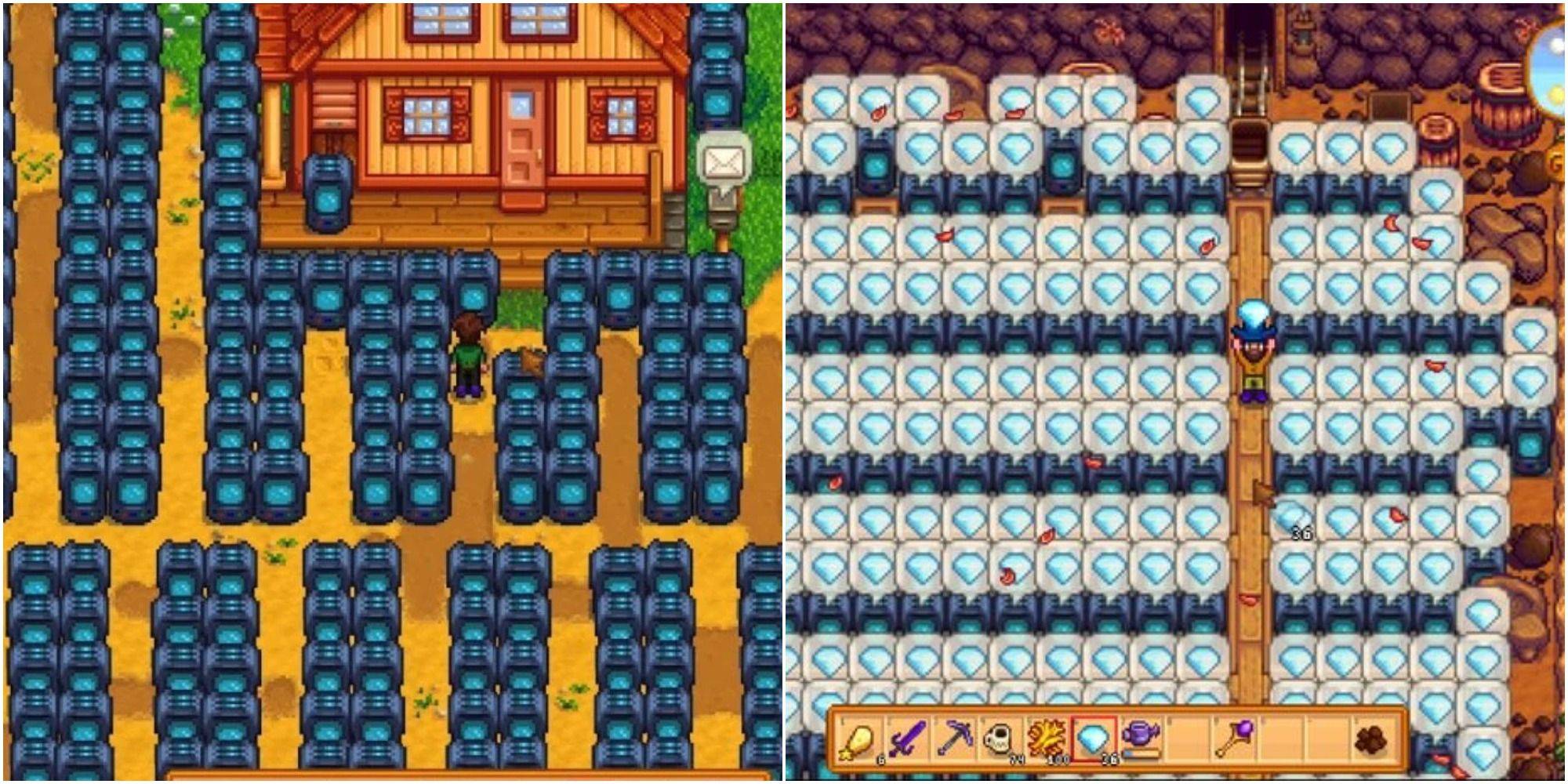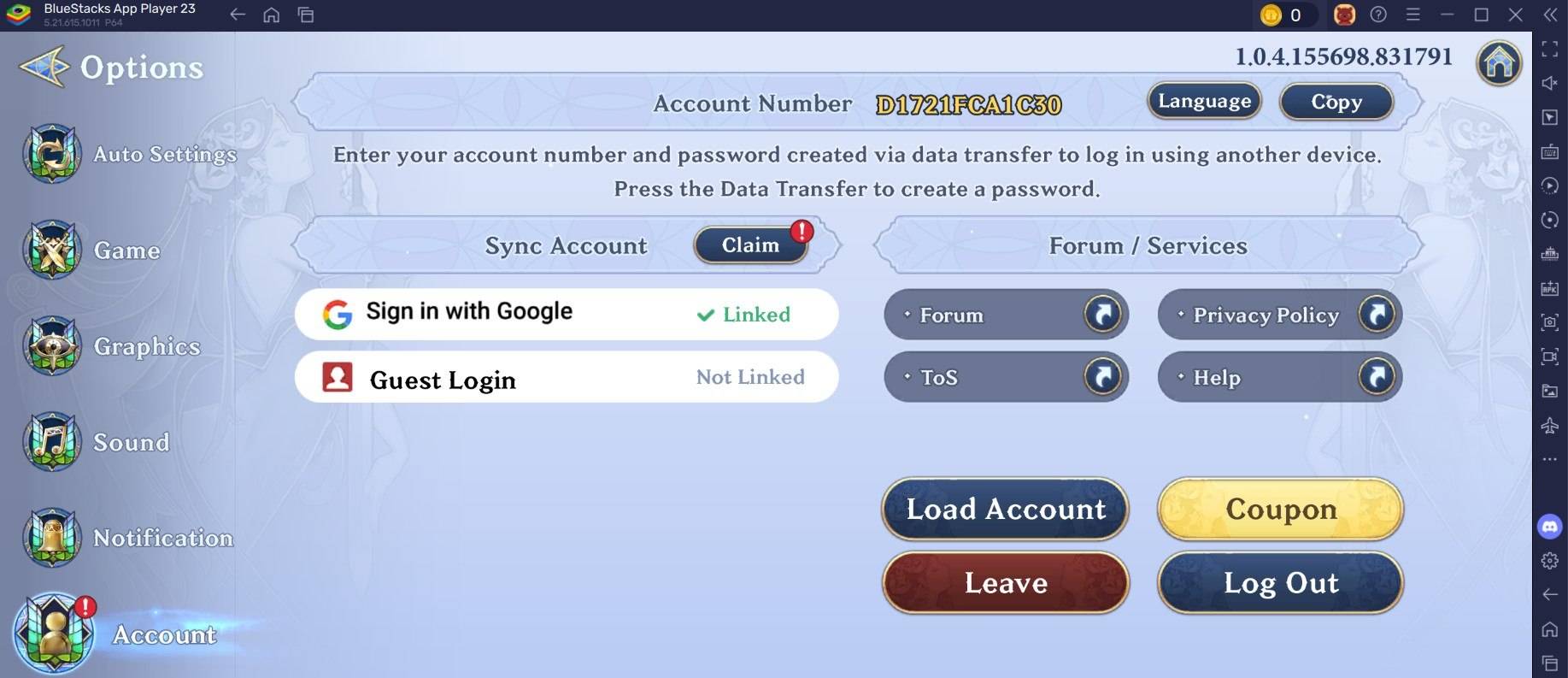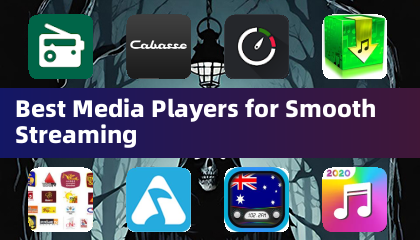Deadlock, Valve's MOBA-shooter, has seen a significant player decline, with peak online counts now hovering around 18,000-20,000, a far cry from its initial peak exceeding 170,000. In response to this, Valve has announced a strategic shift in its development approach.
The previously bi-weekly update schedule is being abandoned in favor of a more flexible system. Major updates will no longer adhere to a fixed timeline, allowing developers more time to implement thorough changes and ensure optimal functionality. While the frequency of major updates will decrease, a developer assures players that these updates will be more substantial and impactful. Regular hotfixes will continue to address urgent issues.
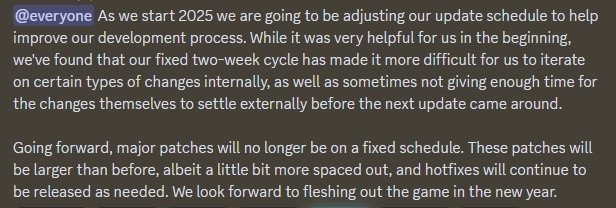 Image: discord.gg
Image: discord.gg
This change stems from the realization that the previous two-week cycle was too rushed, hindering the proper implementation and testing of updates. The decision reflects a prioritization of quality over speed.
Despite the player drop-off, Valve maintains that Deadlock is not in jeopardy. The game is still in early access, with no release date announced. The current focus on refining the game's core mechanics suggests a potential delay, especially considering the internal approval of a new Half-Life game.
Valve's strategy emphasizes long-term success through a high-quality product. The company believes that a satisfying player experience will naturally lead to increased revenue, making developer convenience a key factor in this revised development strategy. This approach mirrors the evolution of Dota 2's update schedule, demonstrating a proven method for refining a game over time. Therefore, the change should not be interpreted as a negative sign for the game's future.

 Image: discord.gg
Image: discord.gg LATEST ARTICLES
LATEST ARTICLES 